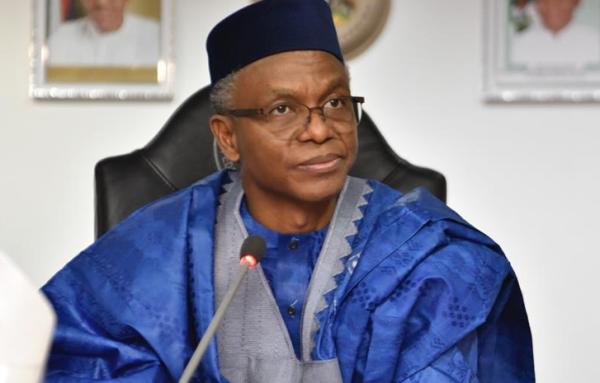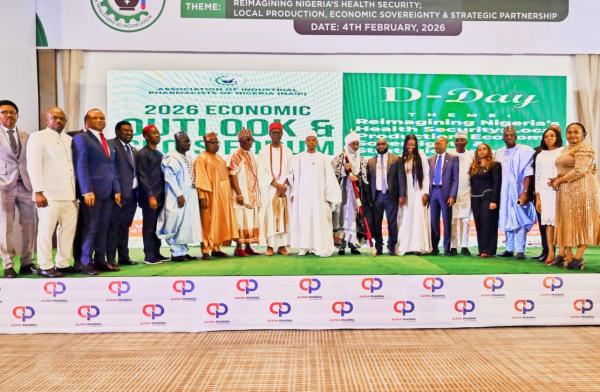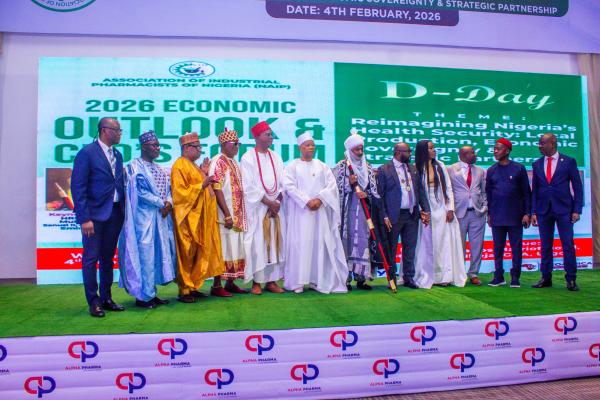
The President of the Pharmaceutical Society of Nigeria (PSN), Pharm. Ayuba Tanko Ibrahim, has reaffirmed the Society’s commitment to repositioning the pharmacy profession through far-reaching reforms designed to build a modern and globally competitive pharmaceutical workforce for Nigeria.
Speaking at the just concluded 98th Annual National Conference of the PSN, held in Kano, with the theme *“Pharmacy Forward: Building a Future-Ready Workforce for Performance, Collaboration, and Transformation.” Pharm. Ibrahim outlined key reforms and policy strides that will shape the future of pharmacy practice in the country.
He explained that the PSN, under his leadership, is determined to realign pharmacy education, professional structure, and regulatory systems with international standards and the nation’s evolving healthcare needs.
According to him, the 2024/2025 administrative year witnessed “gentle but progressive strides” in the areas of regulation, welfare, and professional development, which are already redefining the practice landscape across the country.
Pharm. Ibrahim reiterated the Society’s firm stance that Nigeria’s pharmacy workforce should comprise only Pharmacists and Pharmacy Technicians, thereby formally phasing out the controversial “Pharmacy Technologist” cadre.
He noted that following a memorandum of understanding signed earlier in 2025 between the Pharmacy Council of Nigeria (PCN), the Federal Ministry of Health, and the National Board for Technical Education (NBTE), the training of Pharmacy Technologists had been discontinued nationwide.
In what he described as a landmark victory for the profession, Pharm. Ibrahim highlighted the Federal High Court ruling in Calabar, delivered on October 29, 2025, which reaffirmed the PCN’s exclusive authority to regulate the sale and distribution of veterinary drugs — effectively ending the long-standing jurisdictional dispute with the Veterinary Council of Nigeria (VCN).
On welfare, the PSN President announced significant progress made through collaboration with JOHESU and the Association of Hospital and Administrative Pharmacists of Nigeria (AHPA), including the payment of 25–35% CONHESS salary arrears, a 4% call-duty allowance for Pharm.D holders, and the inclusion of Pharm.D and Consultant Pharmacists in IPPIS payments.
He also confirmed the approval of a new retirement age — 65 years for Pharmacists and 70 years for Consultant Pharmacists — as part of efforts to retain experience and expertise in the health system.
Looking ahead, Pharm. Ibrahim disclosed plans to make the Doctor of Pharmacy (Pharm.D) the minimum qualification for practice in Nigeria. He also revealed that the Society is working to harmonize Ph.D. and Fellowship programmes to create flexible academic and professional advancement pathways for pharmacists nationwide.
In addition, he proposed the establishment of a National Postgraduate College of Pharmacy to complement the existing West African Postgraduate College of Pharmacists (WAPCP), thereby broadening opportunities for advanced training and research.
While urging delegates at the DABO 2025 Conference to maximize both the professional and social benefits of the gathering, the PSN President advised: “Let this conference pass through you as you pass through it,” he said, encouraging pharmacists to embrace learning, networking, and collaboration as tools for transformation.
Pharm. Ibrahim concluded by reaffirming the Society’s resolve to continue championing reforms that will strengthen Nigeria’s healthcare system and position pharmacists as indispensable partners in achieving national health goals.






















